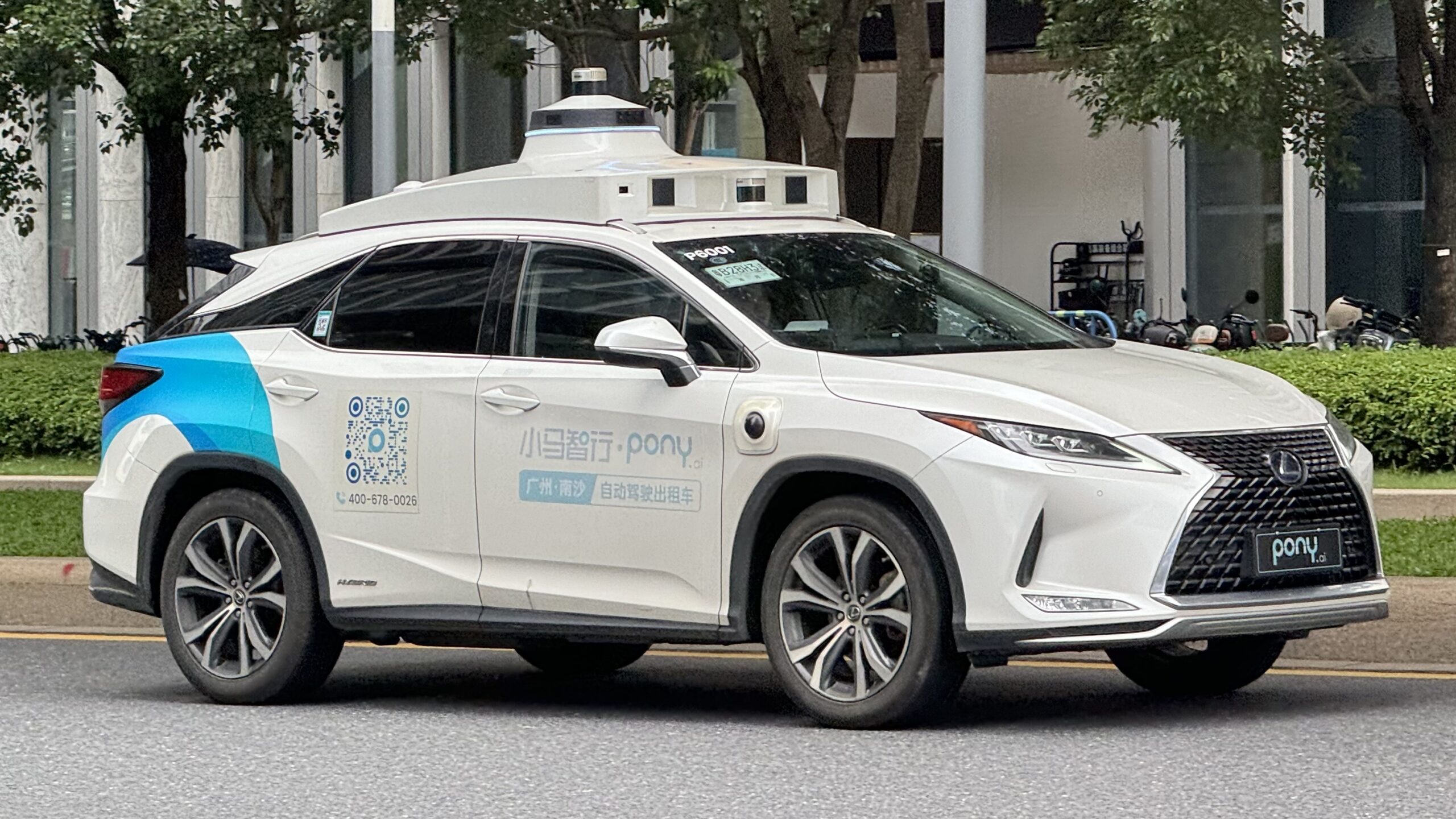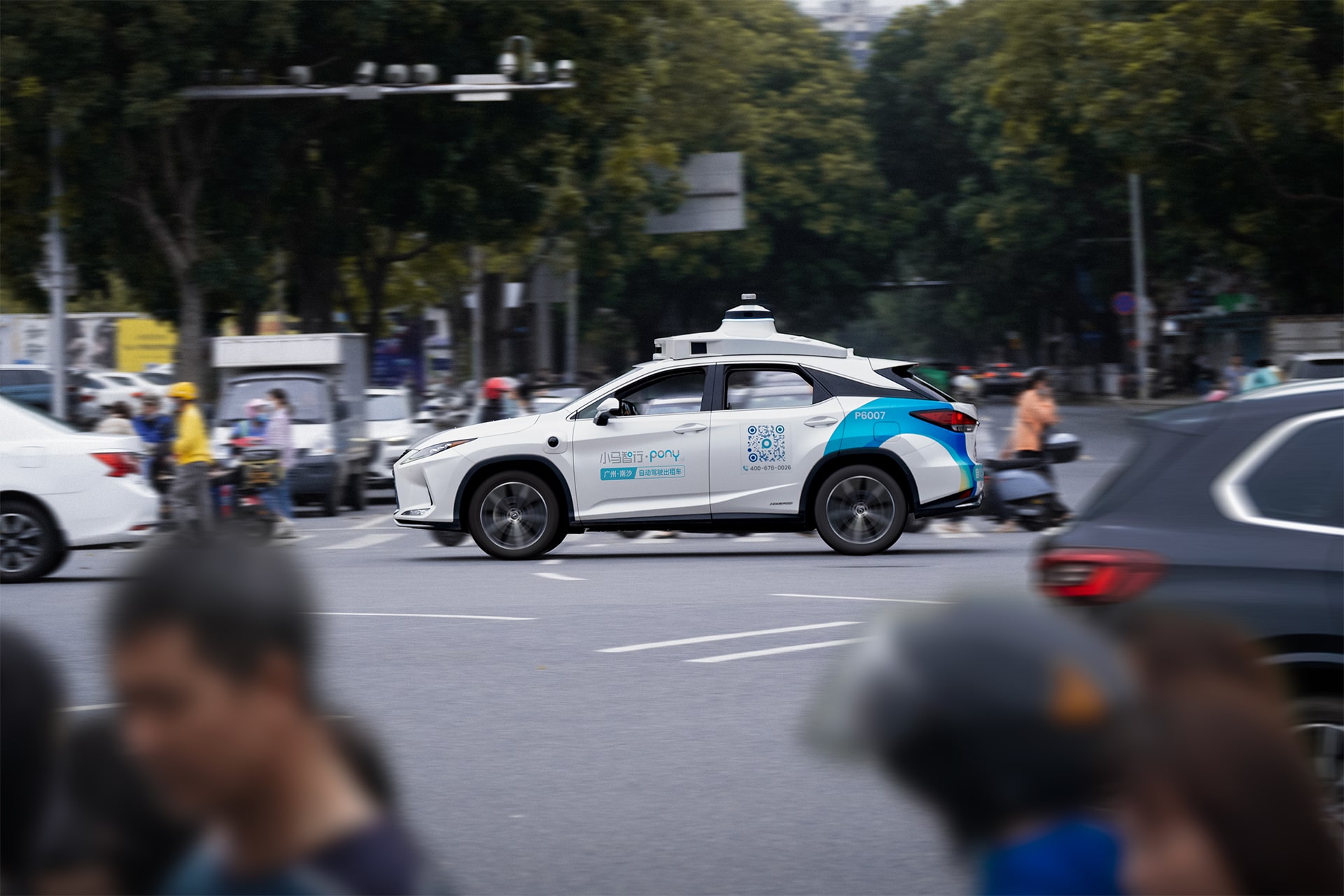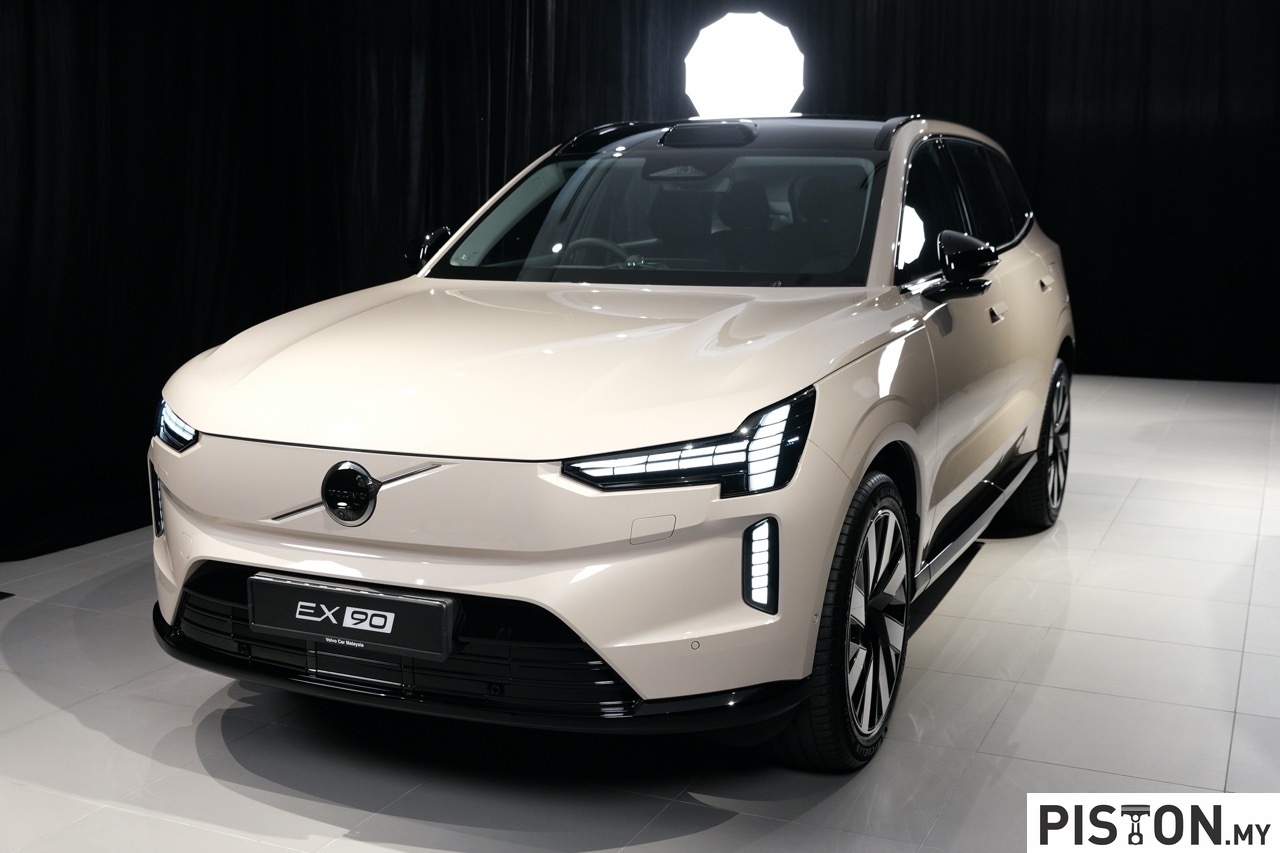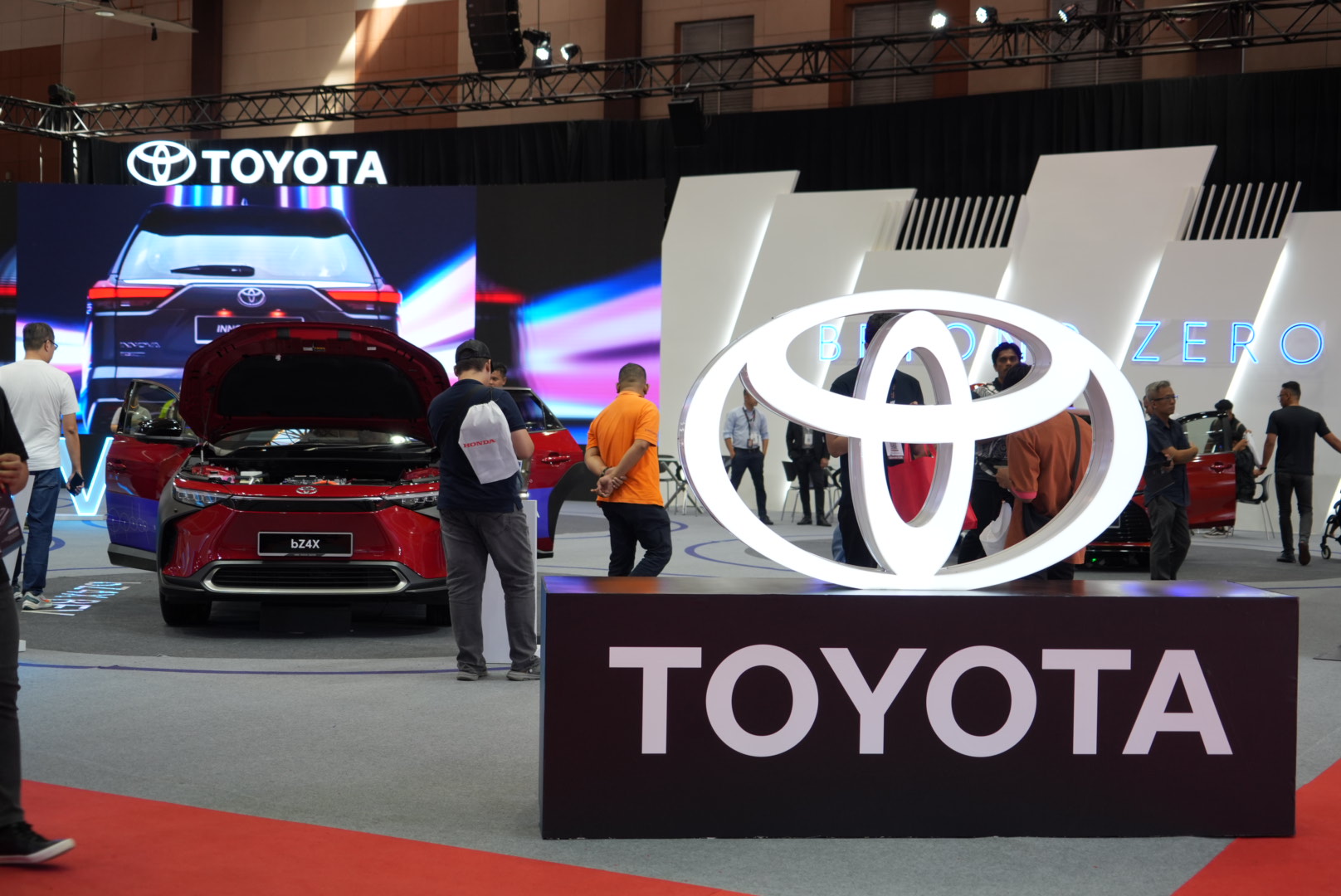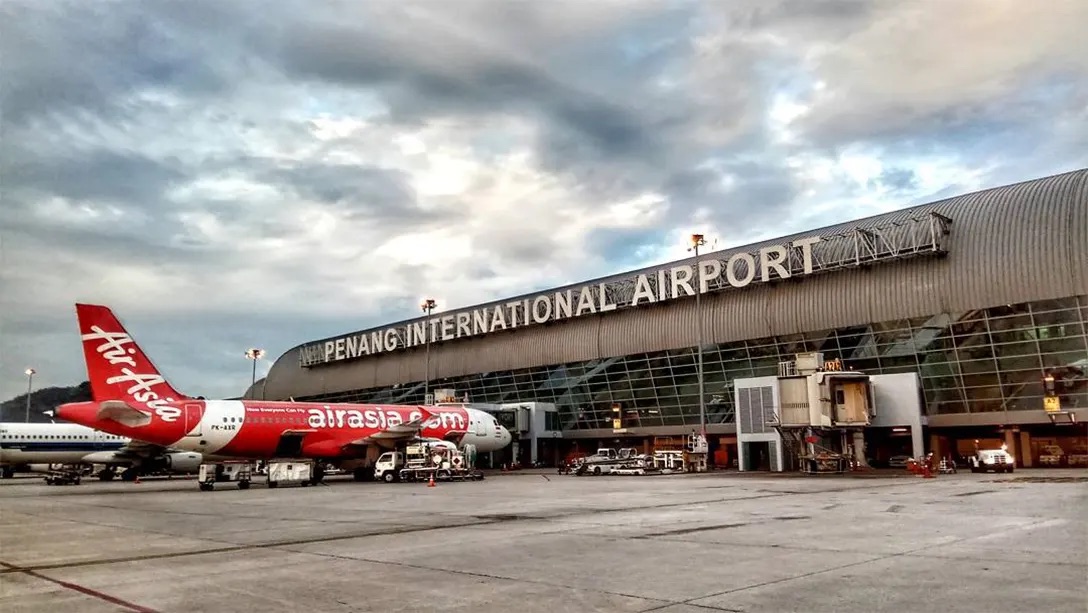China’s capital, Beijing, has passed new regulations to bolster autonomous driving technology, positioning the city as a leader in intelligent transportation. The regulations, set to take effect on April 1, 2025, aim to facilitate the adoption of driverless public buses, taxis, and private autonomous vehicles.
According to the Beijing Daily, autonomous vehicles that successfully pass road testing and safety evaluations will be eligible for road trials. The move reflects Beijing’s broader ambition to integrate autonomous technology into urban transit systems, including private cars, urban buses, trams, and taxis. To support this, the city plans to accelerate the construction of intelligent road infrastructure tailored to autonomous vehicles.
Expanding Autonomous Vehicle Trials Across China
Beijing’s announcement comes amid a nationwide push to promote self-driving technology. Wuhan, another major Chinese city, recently approved its own regulations to support the development of intelligent connected vehicles. Across China, at least 19 cities are actively conducting trials for robotaxis and robobuses, signalling rapid progress in this sector.
Prominent players in the Chinese autonomous driving market include Baidu’s Apollo Go, which plans to deploy 1,000 robotaxis in Wuhan by the end of 2024, and Pony.ai, which floated on the U.S. stock market in November. Pony.ai aims to expand its robotaxi fleet from 250 vehicles in 2024 to over 1,000 nationwide by 2026.
Other notable companies exploring opportunities in this space include WeRide, AutoX, and SAIC Motor. U.S.-based Tesla is also gearing up to introduce its Full Self-Driving (FSD) technology in China, targeting regulatory approval in early 2025. Tesla has announced plans to produce its own robotaxi by 2026, further intensifying competition in the world’s largest automotive market.
Paving the Way for a Smarter Future
Beijing’s decision underscores China’s commitment to integrating cutting-edge technology into its urban transportation systems. With an increasing number of cities embracing autonomous driving trials and advancements in intelligent road infrastructure, China is cementing its status as a global leader in autonomous vehicle innovation.
This rapid progress aligns with the country’s broader goals of enhancing urban mobility, reducing traffic congestion, and fostering a sustainable future driven by intelligent transportation solutions.




